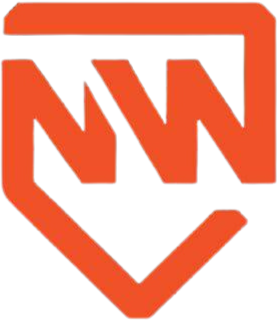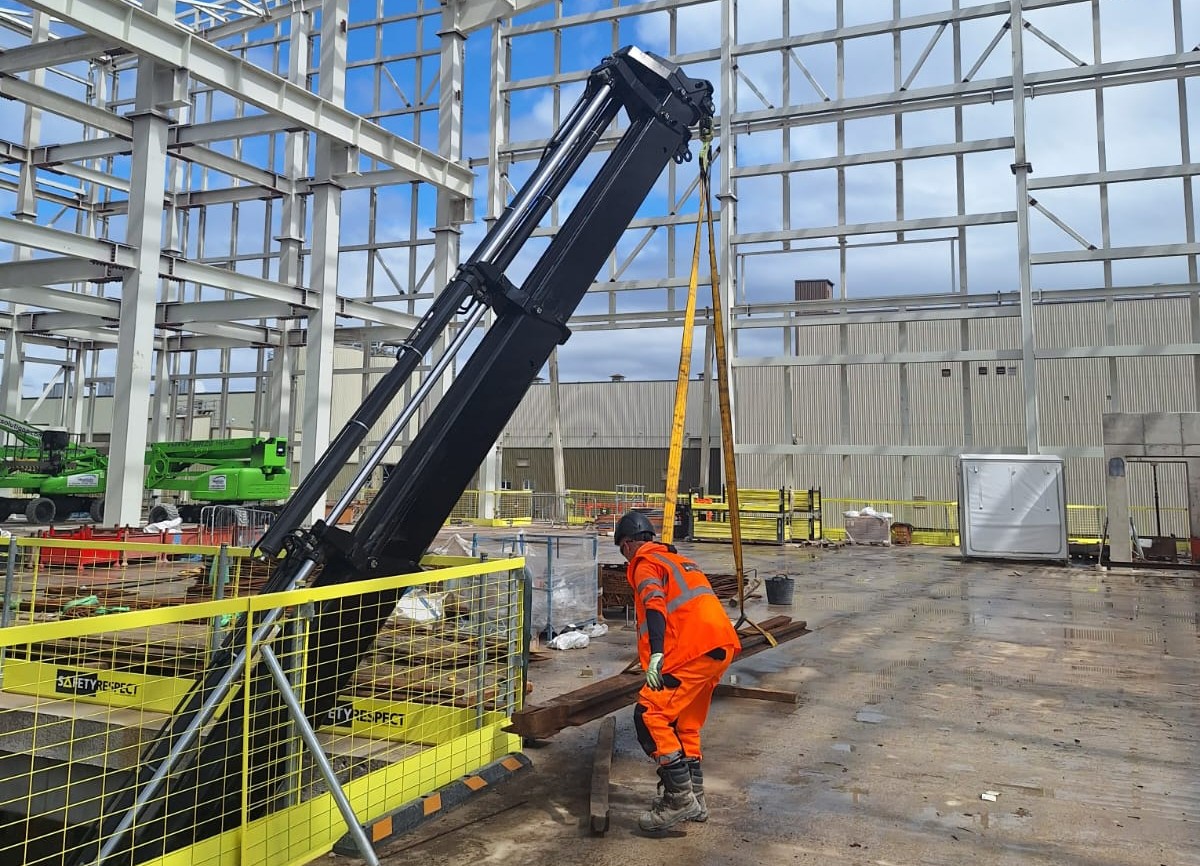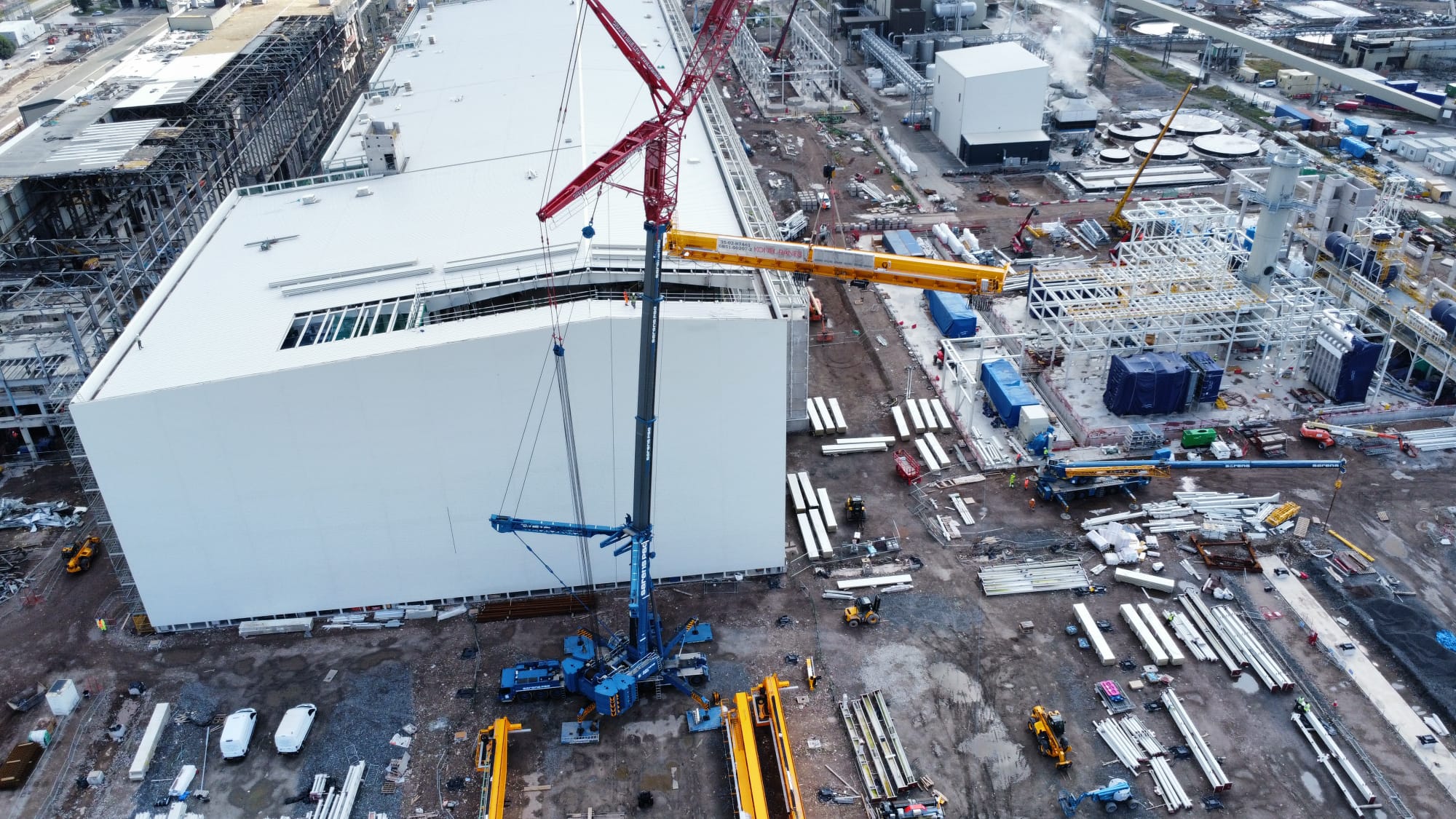Hiring a crane for a building project or heavy lifting job isn’t always straightforward. Whether you’re managing a one-off job or handling regular site lifts, understanding the details of commercial crane rental agreements can save you time, money, and stress. These agreements cover more than just hire costs, they often include insurance terms, maintenance responsibilities, and operator arrangements. If you’ve ever felt unsure about what you’re signing or what your rights and obligations really are, you’re not alone. This guide breaks down the key things to look out for so you can make decisions with confidence and avoid any unwanted surprises later on.
Know What’s Included in the Agreement
Before signing anything, go through the rental contract line by line. Check what services and items come with the crane hire. Some companies include more than others, so it’s important to be clear on all details from the start. Look for whether an operator is part of the deal. Some rentals offer a trained person to run the crane, while others expect you to provide your own. If it’s not listed clearly, ask. Operator fees can make up a big part of total costs.
Transport is another key point. Moving heavy equipment takes time and planning. Make sure delivery and pick-up charges are either included or listed separately so there’s no confusion later on. Fuel is often overlooked but adds up fast during long jobs. Find out if fuel costs fall on you or if they’re built into the price already. If you’re paying for it, know how much fuel use to expect each day.
Insurance must also be checked carefully in commercial crane rental agreements. Some providers offer basic cover as part of their service; others don’t include any protection at all. You’ll need to know who handles damage or injury claims if something goes wrong. Also pay attention to maintenance support during use – some firms will send a technician if problems come up; some won’t unless extra fees apply.
Always ask questions about anything unclear or missing from the paperwork before agreeing to terms. A short chat now can save hours of stress later when issues arise mid-project or after billing starts rolling in. Knowing exactly what you’re getting helps avoid surprise charges and makes budgeting simpler across your whole job timeline.
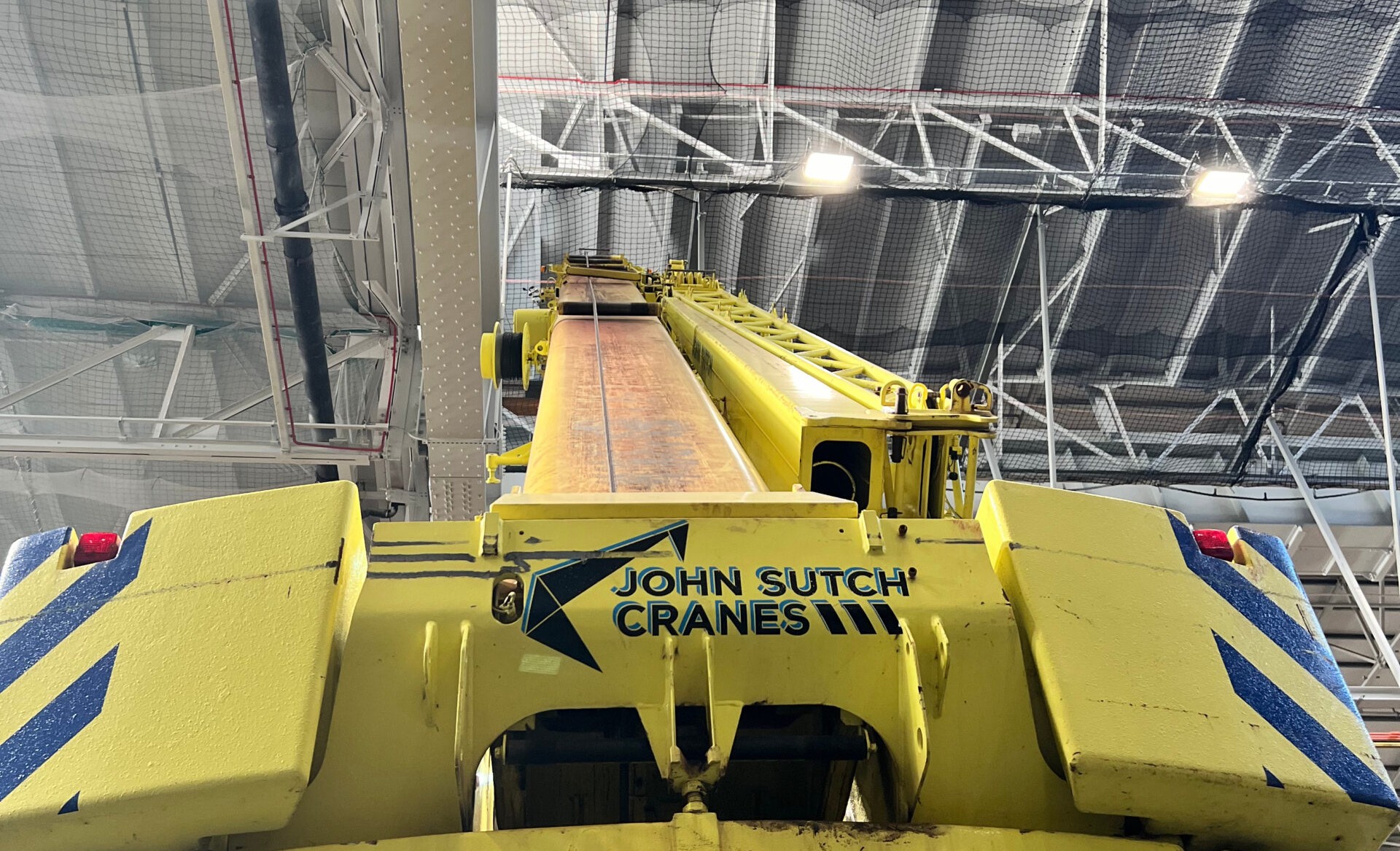
Understand Liability and Insurance Requirements
When renting a crane for a job, it’s important to know who takes responsibility if something goes wrong. Things can happen during lifting or moving heavy items. If the crane causes damage or someone gets hurt, you need to know who pays for it. That’s why understanding liability in commercial crane rental agreements matters. Start by checking what the rental contract says about accidents. Some agreements place all responsibility on the person hiring the crane. Others might say the rental company covers certain risks. Read each clause carefully so you’re not caught off guard later.
Next, look into insurance cover. Both you and the crane provider should have proper insurance in place before any lifting begins. The rental company should carry public liability insurance and possibly operator cover too, if they supply their own crew. On your side, make sure your business policy includes equipment hire and third-party damage protection. Ask for proof of insurance from the rental firm before signing anything. Make sure their policy is active and offers enough cover for your project size and location. If you’re unsure what’s needed, speak with your insurer to check if extra protection is required.
Also think about situations where fault isn’t clear right away – like equipment failure or site conditions that lead to an issue. Your agreement should explain how these cases get handled between you and the crane supplier. Sorting out these details early keeps things simple later on if problems come up during the job. It helps avoid finger-pointing and delays when time matters most on-site.
Always confirm what’s covered before agreeing to rent any machinery, especially when it involves risk to people or property around it. Proper checks now save stress down the line if anything unexpected happens while using hired cranes on a commercial site.
Check Compliance with Local Regulations
Before signing any paperwork, make sure the crane hire follows rules set by your local council or government. Each area might have different safety standards and permit requirements. If these aren’t met, you could face delays or even fines once the job begins. It’s not just about ticking boxes, it’s about making sure everything on site runs smoothly from day one.
Ask the rental company if their equipment meets legal checks and is inspected regularly. They should be able to give you proof of inspection reports or certificates. You can also ask if their operators hold valid licences for your region. This helps avoid problems later, especially during surprise visits from inspectors. Some areas need special permits for lifting near roads, power lines, or public property. Make sure these permissions are in place before moving forward. The crane provider should know what documents you’ll need and help get them sorted.
Also check if insurance covers all parts of the project, damage to nearby buildings, injury claims, or breakdowns on site. Without proper cover in line with local laws, your team could end up liable for costs that weren’t expected. When reviewing commercial crane rental agreements, look out for terms that mention legal duties and who handles compliance tasks. Some companies take care of this; others expect you to handle it yourself.
Keeping things above board saves time and hassle later on. It also makes sure everyone working with the crane stays safe while doing their part on site.
Review the Terms of Commercial Crane Rental Agreements Thoroughly
Before signing anything, take time to go through every part of the contract. Skipping over sections could lead to confusion later. Look closely at how long the hire period lasts. Some agreements charge extra if you keep the crane longer than planned. Others may not allow any extension unless arranged early.
Check what happens if you need to cancel or change dates. Some companies ask for notice days ahead, while others might charge a fee no matter when you cancel. These details often sit in small print, so don’t rush through them. Overtime charges can also be tricky. A job running late into the evening or on weekends may cost more than expected. See how they define regular hours and what counts as extra time. This helps avoid surprise fees when your project takes longer than planned.
Also look at who handles maintenance during use. Some contracts say you must manage upkeep like checking fluids or reporting faults fast. Others include support from the rental company as part of the deal. Make sure it’s clear who fixes what and when. Insurance is another point to check carefully in commercial crane rental agreements. Find out whether cover is included or if you’re expected to provide your own policy. If something goes wrong, knowing who pays makes a big difference.
Every line in these documents matters because each one outlines a duty or cost that applies once the crane arrives on site. Taking time now saves stress and delays later on during your build or lift job. Ask questions if anything doesn’t make sense before agreeing to anything official with your name on it.
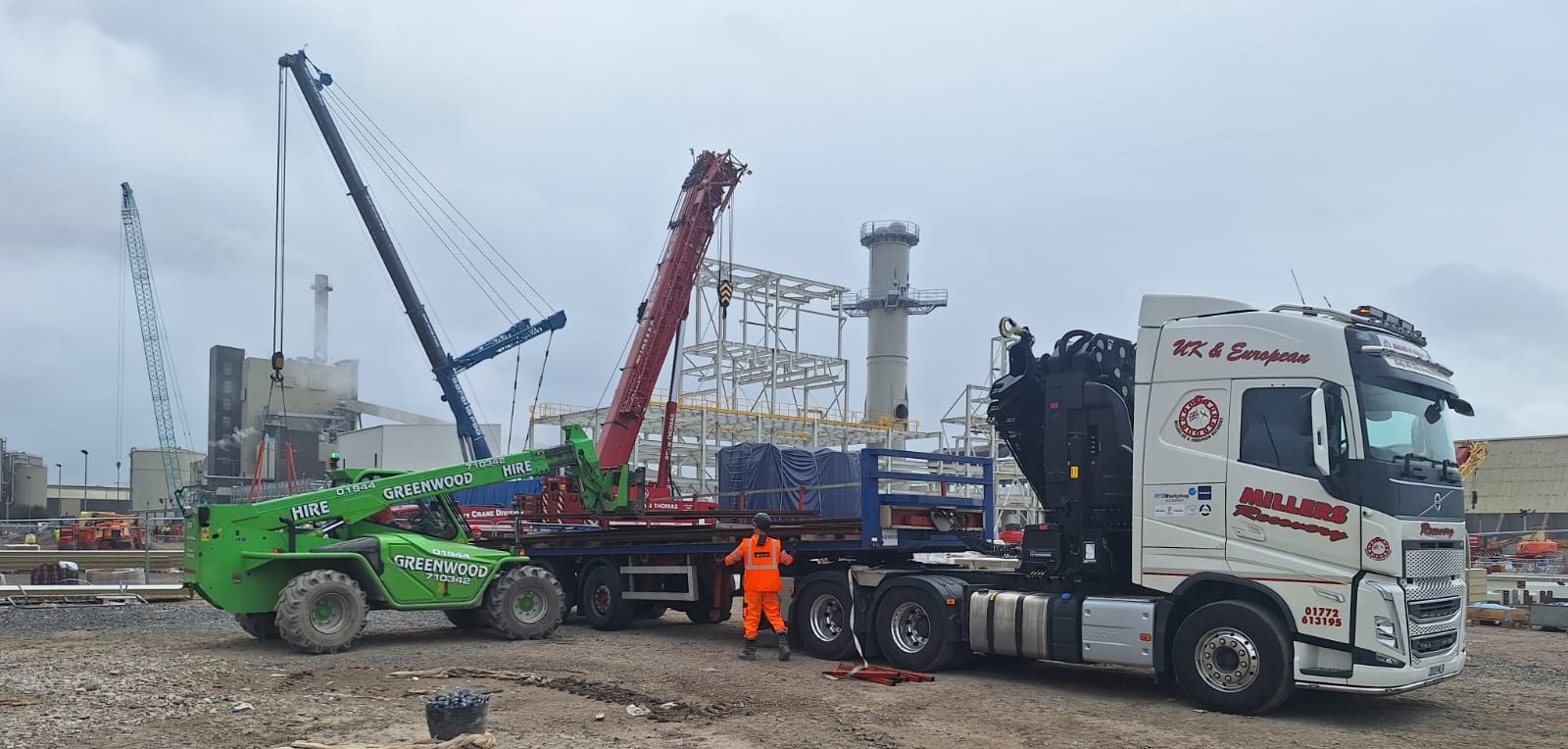
Making Informed Choices for a Smoother Hire Experience
Navigating commercial crane rental agreements doesn’t have to be overwhelming. By knowing what’s included in the contract, understanding liability and insurance requirements, ensuring compliance with local regulations, and carefully reviewing all terms, you can avoid costly surprises down the line. These steps help you stay protected while keeping your project on track. Taking the time to fully understand your agreement isn’t just smart – it’s essential for a successful and stress-free rental experience. Whether you’re new to crane hire or a seasoned pro, being informed puts you in control and helps build stronger partnerships with rental providers.
